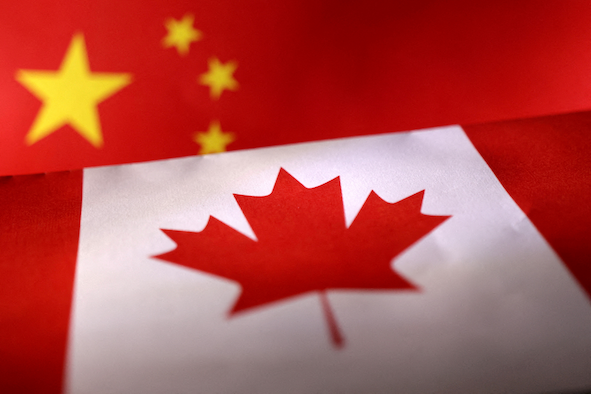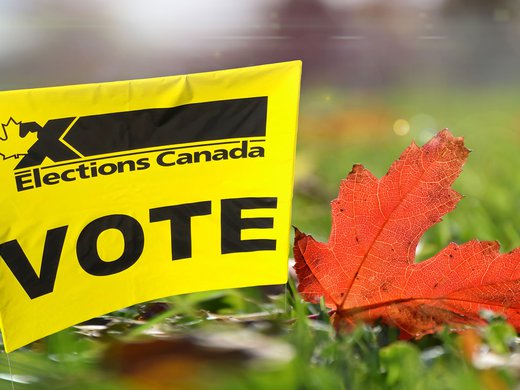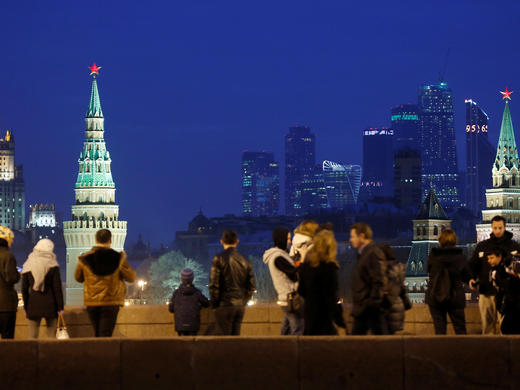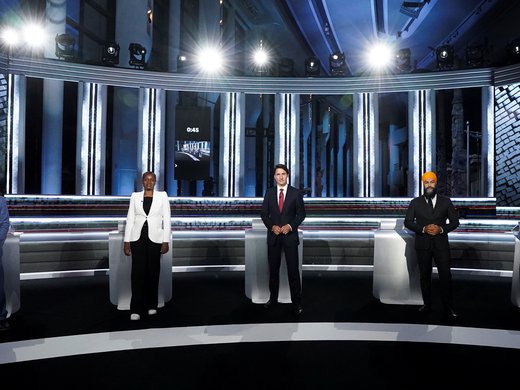The media’s attempts to expose alleged Chinese election interference have reached full throttle. Whether the furor continues will depend on three things: the ongoing supply of leaks, how political parties react and, perhaps most crucially, how a just-released independent report on interference in the 2021 federal election is received.
The report, written by Morris Rosenberg, a former deputy minister of justice, is an in-depth assessment of the work of the Critical Election Incident Public Protocol (CEIPP).
Its main point is that the election interference detected during the 2021 campaign didn’t rise to the “high threshold” of “an incident or accumulation of incidents…that threatens Canada’s ability to have a free and fair election.” But beyond this, the report has valuable things to say about the complexity of the threat posed to our elections.
A crucial observation is that the original fear of foreign meddling, originating from the American experience of Russian involvement in the 2016 presidential election, has since expanded to include domestic actor interference that might involve disinformation attempts, threats and intimidation of candidates or even violence on the campaign trail.
We witnessed some of this during the 2021 election campaign, as Rosenberg notes. The crossover between the two deserves attention should foreign actors try to amplify domestic threat behaviour. This would further increase the dangers of election interference and the undermining of democratic practices.
Rosenberg makes an important suggestion that a future approach to election interference may need to include not just observable impacts on elections, which may prove hard to measure, but “potential” impacts (so long as they were so widespread as to threaten the overall integrity of an election).
He also wants the CEIPP to have the ability to issue warnings of threats that don’t rise to the high, national threshold level but may still be concerning, such as instances of more localized interference affecting a specific member of Parliament or a party’s campaign. He leaves no doubt that the election interference problem will persist and grow more complex. Here, he is on the same page as the Canadian Security Intelligence Service (CSIS).
One of the leaked CSIS documents contains a statement that “absent real disincentives,” China’s “foreign interference targeting Canada is expected to continue and increase over time.” That seems a good bet, but how can we disincentivize such behaviour?
First, CSIS and the Communications Security Establishment need to embark on a sustained and well-resourced counter-intelligence campaign. Any such effort needs to be able to draw on open-source intelligence, but the collection of such information will have to be compliant with the Canadian Charter of Rights and Freedoms.
Leaks indicate that CSIS counter-intelligence efforts have already had an impact, with Chinese diplomats issuing warnings to fellow-travellers advising them to reduce contacts with federal politicians to avoid being uncovered in foreign interference investigations.
Several other disincentives need to be pursued more aggressively in the future, and include a willingness to “name and shame” Chinese interference a part of a robust diplomacy toward China; the expulsion of Chinese officials based in Canada who are suspected of being involved in interference campaigns; criminal prosecutions where offences are uncovered, even if they involve some operatives who will never appear in a Canadian courtroom; greater transparency from federal security and intelligence agencies; increased attention to the issue from our major national security review bodies; and strengthening the CEIPP to ensure it can bring public attention to major election threats.
A foreign agent registry could add to that deterrent and education effort, if properly established. But on its own, it is not a panacea, as the most disturbing interference activities will happen covertly and likely through digital means.
Among the gatekeepers protecting election integrity are government security agencies, public servants, diplomats, prosecutors and review bodies. But fear of foreign or domestic penetration of our body politic can also be taken to the extremes — McCarthyism was a byword for such a descent.
As we strengthen the gates against election interference, it is important that we avoid policies, rationales and public statements that cast widespread aspersions on the loyalties of Chinese-Canadians, of whatever generation, or spread a chill over political discourse.
The Canadian public must also serve as gatekeepers and need to be more literate about threats to our elections. In an age of social media-fuelled discourse, it may become increasingly difficult to put our trust in the ability of individuals to arrive at their own judgments, but such trust needs to be maintained and fortified.
What we must try to ensure is the freedom of all Canadians to come to their own reasoned judgments at election time. We call this freedom of thought.
This article first appeared in the National Post.



